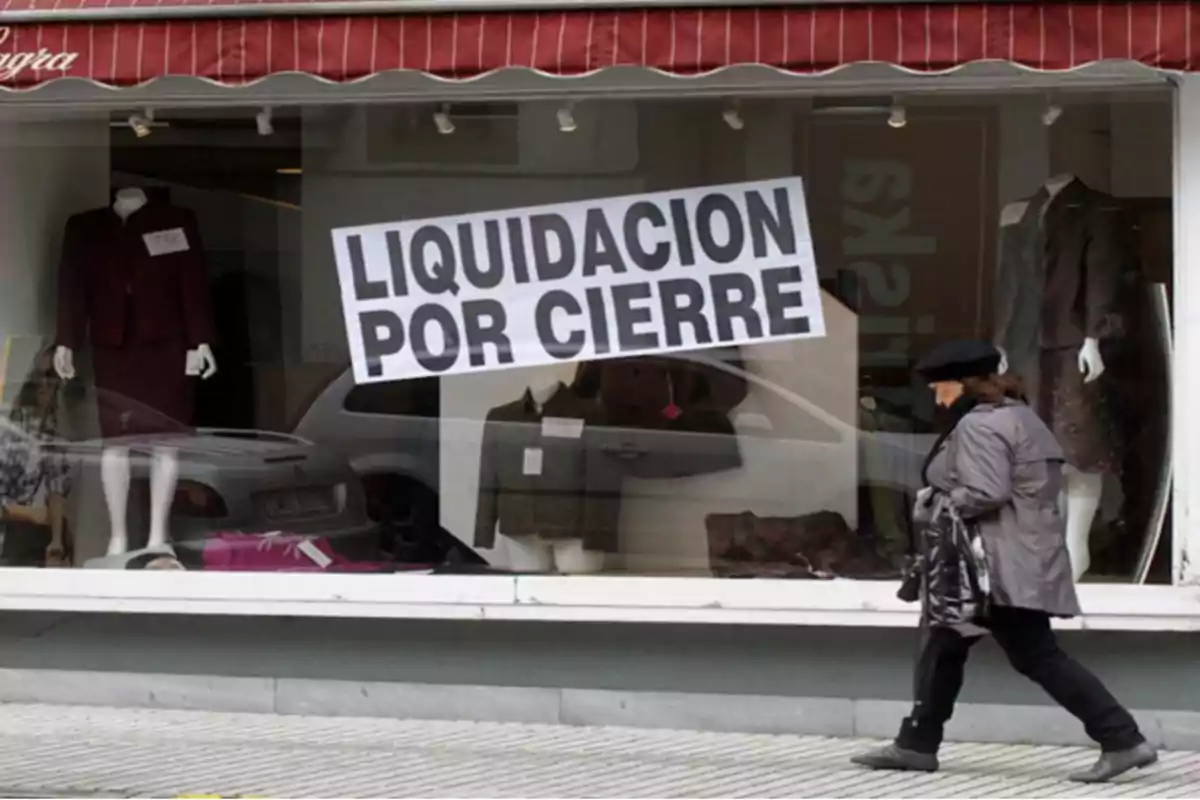
Business owners accuse Axel Kicillof's communism of the collapse of Buenos Aires's SMEs
The National Business Association warns about the sharp decline in the productive sector of Buenos Aires Province
The situation of small and medium-sized enterprises in Argentina is going through one of its most critical moments in recent years, and Buenos Aires province is emerging as the epicenter of the deterioration.
According to data from the National Business Association for Argentine Development (ENAC), currently an average of 40 SMEs close per day, and half of those closures occur in Buenos Aires territory. Despite this alarming scenario, the provincial government, led by Axel Kicillof, hasn't shown clear signs of reaction.
Leo Bilanski, president of ENAC, was emphatic in pointing out the responsibility of the Buenos Aires administration in this process of the productive network's decline: "Half of the SMEs that close are in Buenos Aires province. We don't see any adequate response. It's urgent to declare a Buenos Aires SME emergency. We need the Legislature to act and the governor to convene the real economy stakeholders".

The business demand isn't isolated. The tax burden faced by SMEs in Buenos Aires is among the highest in the country. The province ranks third in terms of Gross Income, with rates of 3.78%, even surpassing the 3.74% agreed upon in the Fiscal Consensus and with multiple municipal taxes imposed by mayors from the provincial ruling party, which further worsens the situation for small producers and merchants.
Added to this is a regressive provincial tax structure that penalizes those who produce and create jobs more than those who speculate.
Bilanski also questioned the priorities of the Buenos Aires Executive: "The Institute of Cooperatives was created, but not the SME Institute. Why aren't specific policies developed for the productive sector? Why aren't concrete measures taken to save the companies that are closing every day?", he stated.
Another factor worsening the outlook is the growing insecurity in Greater Buenos Aires and other cities in the province. Businesses that must open later, close earlier, or even reinforce their infrastructure out of fear of robberies are becoming increasingly common.

The lack of police presence and the sense of impunity directly impact retailbusinesses, especially in highly vulnerable areas.
"Fewer SMEs mean less tax revenue, fewer workers, less consumption. The province will lose revenue if it doesn't act now. Governing well isn't just about managing the State; it's also about taking care of those who produce, those who work, those who study", Bilanski added, emphasizing the need for active policies.
For the business sector, time is running out. "We are a pragmatic sector. If the business is doing badly, that's not the way. If it's doing well, it is. We need action, not speeches. Kicillof should create the SME Institute, his deputy should promote the emergency law. Political will is needed", he concluded.
Meanwhile, Buenos Aires SMEs continue to face mass closures, tax pressure, and a growing sense of abandonment. In the country's main productive district, official silence is becoming increasingly costly.
More posts: